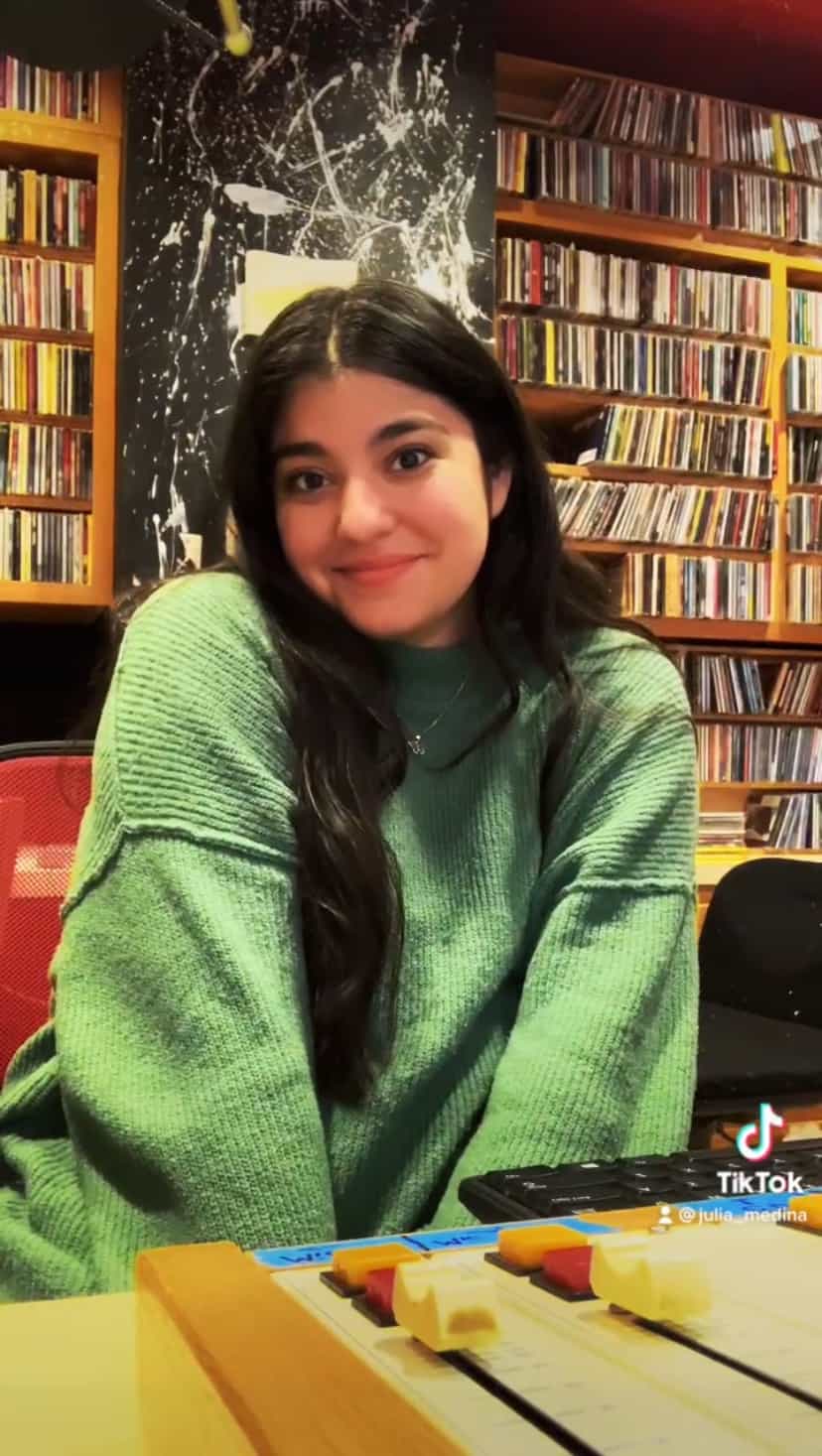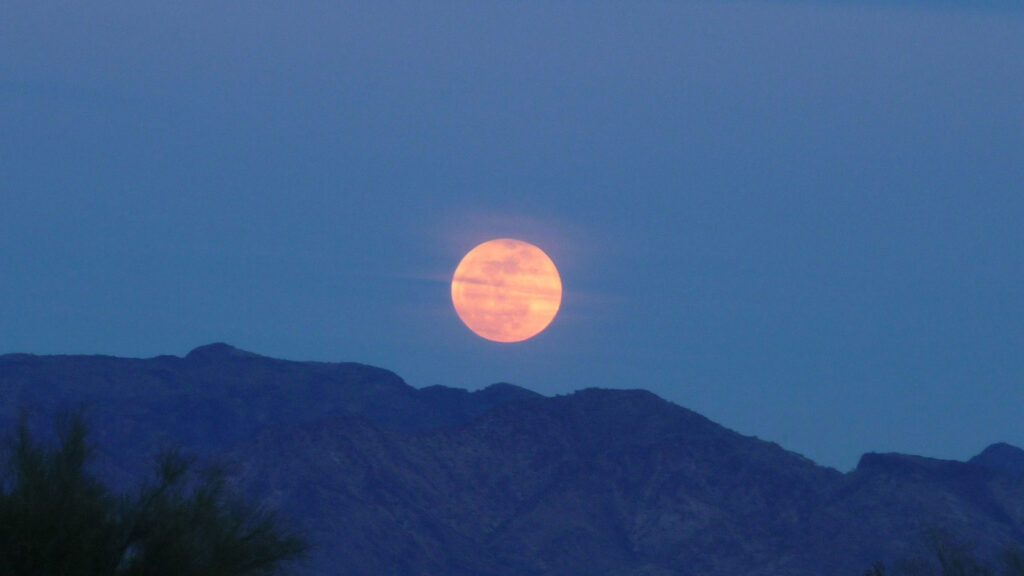
The last supermoon of 2024 is here, which means your sleep patterns might have been changing in the past week.
There have been four supermoons in 2024, with the Super Harvest Moon rounding out the year. Starting the night of September 28 and lasting through Friday, the 29th, you might find yourself falling asleep later and generally getting less sleep than normal.
2023 has been the year of the supermoons, with four occurrences, including the super-rare Super Blue Moon happening on August 30-31st. But could these have been affecting your sleep?
Newer studies have found that moon cycles do affect your sleep cycles, even if you live in an dense, urban location. If you’ve felt your sleep schedule has been out of whack the past few months, you’re not going crazy, in fact it could be due to the moon.
How a Supermoon Affects Your Sleep
First, what is a supermoon? A supermoon occurs only when a full moon coincides with a perigee, which is the closest the moon comes to Earth, making the moon look larger than normal from Earth.
According to NASA, every year there are approximately three to four supermoons, but the supermoons can vary each year. At a supermoon’s closet point, it can appear 14 percent bigger than normal and 30 percent larger than the faintest moon of the year (1)
The Super Harvest Moon last occurred in 2020 and after its 2024 appearance, it won’t return until 2025.
A study in 2021 had participants wear wristwatches to monitor their sleep and waking cycles. The researchers in the study were able to conclude that their sleep patterns coincided with moon phases. (2)
Starting as early as three to five days before the full moon occurrence, the study found people tended to go to bed later and sleep less overall. (2)
During the full moon, the participants fell asleep up to thirty minutes later and slept for up to an hour less compared to nights with no moon at all.
Even testing for environmental factors, the study found that it didn’t matter if people lived in rural or urban areas, everyone’s sleep patterns were changed leading up to the full moon. There is a stronger effect on people in rural areas, but big cities responded to the moon’s influence too. (2)
Post full moon, or in this case supermoon, researchers found that there is no effect on people’s sleep patterns from the moon phase. (2)
Expert Advice on Helping Your Sleep During the Supermoon
While this supermoon might have started to disrupt your sleep schedule, there are some things you can do to help get it back on track.
Grant Lewis, sleep expert and owner of Dream HQ, told Sleepopolis about four ways to get your sleep back to normal after the Super Harvest Moon.
Adjusting back: Gradually get back to your normal sleep schedule.
Prioritize Sleep: Make sure you’re getting enough sleep following the supermoon, maybe even allocating more time than normal to ensure you’re getting enough sleep.
Sleep Hygiene: Continue practicing good sleep hygiene, meaning cutting out caffeine in the afternoon, keeping the bedroom cool, and sticking to the basics.
Physical Activity: Make sure you’re continuing to move your body, because a tired body sleeps better.
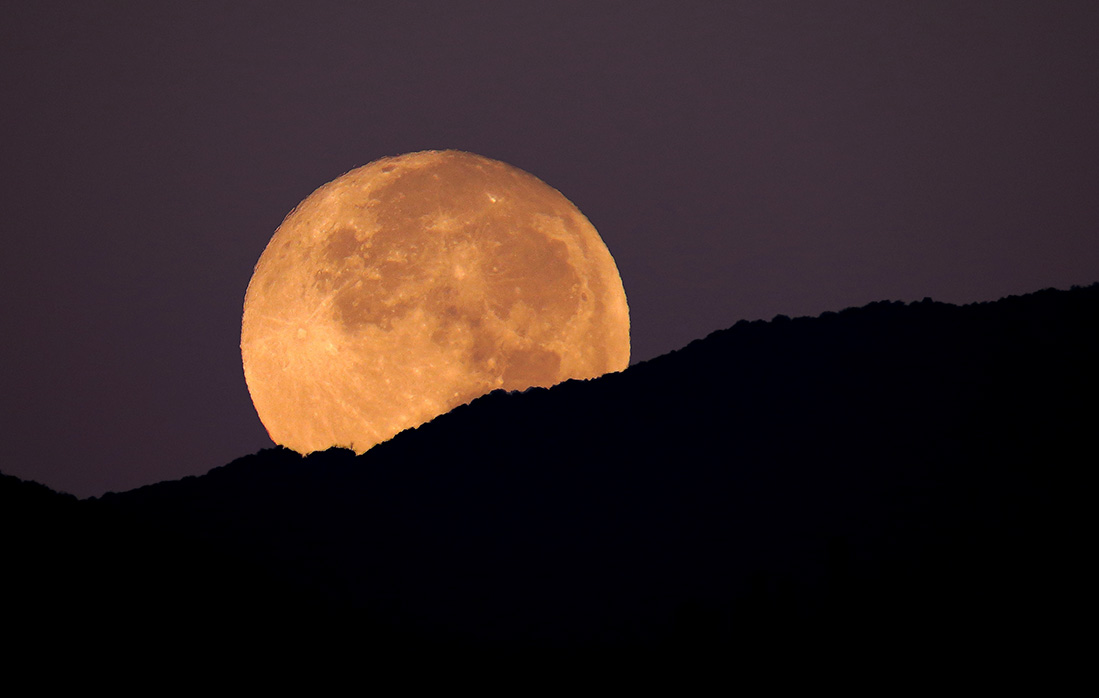
Why Last Night’s Supermoon Probably Wrecked Your Sleep
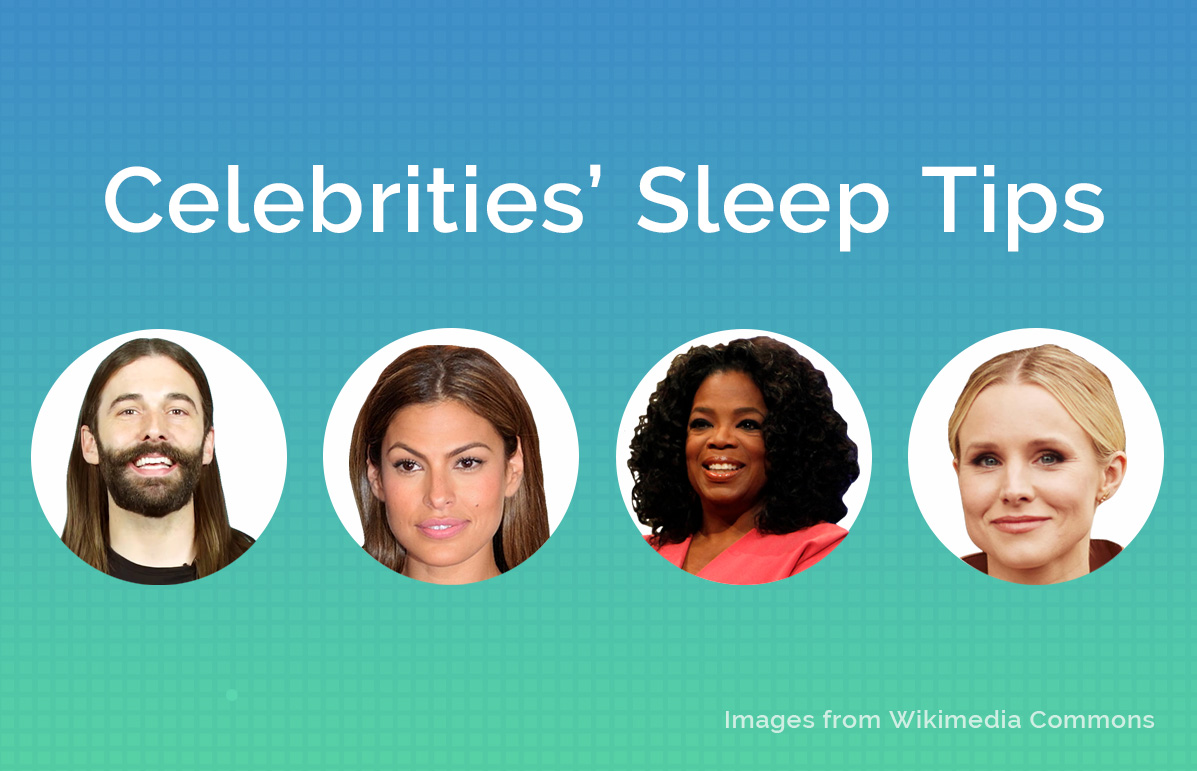
10 Celebrity Sleep Tips and Tricks For a Better, More Restorative Night’s Sleep
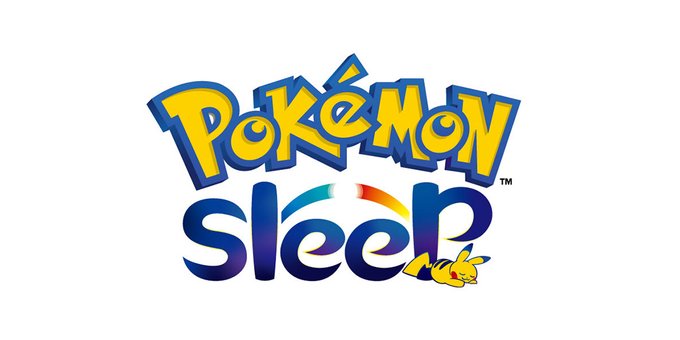
“Pokémon Sleep” Wants You to Catch ‘Em All… All Them Zzz’s, That is

What Are “Girl Alarms,” and Why Is TikTok Obsessed With Them?
Sources
- “Moons in Motion,” NASA. https://moon.nasa.gov/moon-in-motion/phases-eclipses-supermoons/supermoons/#:~:text=Supermoons%20only%20happen%20three%20to,full%20moon%20do%20not%20overlap.
2. Casiraghi L, Spiousas I, Dunster GP, et al. Moonstruck sleep: Synchronization of human sleep with the Moon cycle under field conditions. Science Advances. 27 January 2021 . doi:10.1126/sciadv.abe0465.
Lewis, Grant. Personal Interview. September 2024.
